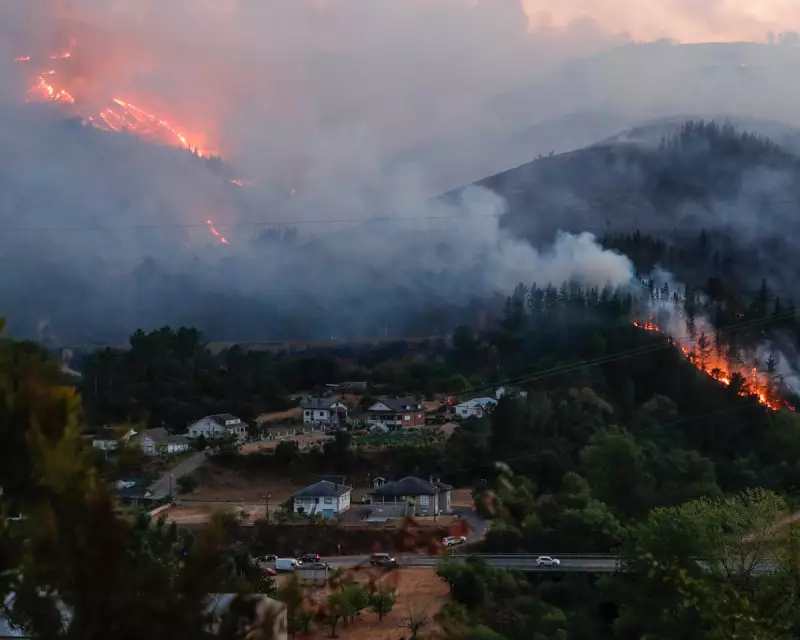
A landmark scientific study has delivered a stark warning: the climate crisis is actively fuelling extreme fire weather conditions across Spain and Portugal, creating a terrifying new normal for the Iberian Peninsula.
The research, conducted by the World Weather Attribution group, exposes the direct link between human-induced global heating and the intense heat that gripped the region in late August 2025. This heat, which saw temperatures rocket to a staggering 4-6°C above seasonal averages, effectively turned the landscape into a tinderbox.
The Unprecedented Scorch
Scientists concluded that such extreme heatwaves, which dramatically increase the risk of devastating wildfires, have become at least five times more likely due to climate change. Furthermore, these extreme temperatures are now approximately 1.5°C hotter than they would have been in a world untouched by human industrial activity.
The analysis focused on a seven-day heat event that blanketed the region, precisely the kind of prolonged scorching period that desiccates vegetation and creates prime conditions for wildfires to ignite and spread uncontrollably.
A Continent on Fire
This Iberian crisis is not an isolated incident. It mirrors a broader, alarming trend across southern Europe. The study's findings arrive just as firefighters in Portugal are battling a major blaze in the scenic Algarve region, a stark reminder of the real-world consequences of these scientific projections.
The report underscores a harsh reality: the Mediterranean is becoming a climate change hotspot, facing more frequent, intense, and prolonged heat extremes that threaten ecosystems, economies, and human lives.
A Grim Forecast for the Future
The study serves as a dire prognosis for the future. If global greenhouse gas emissions continue to rise unabated, the researchers warn that extreme heat events of this magnitude could become a regular summer occurrence. The very fabric of the region's climate is being altered, pushing it into uncharted and dangerous territory.
This scientific assessment moves beyond theory and into the realm of immediate threat, confirming what many on the front lines have long feared: the climate crisis is no longer a future concern but a present and active danger, supercharging fire weather and putting nations at ever-greater risk.





